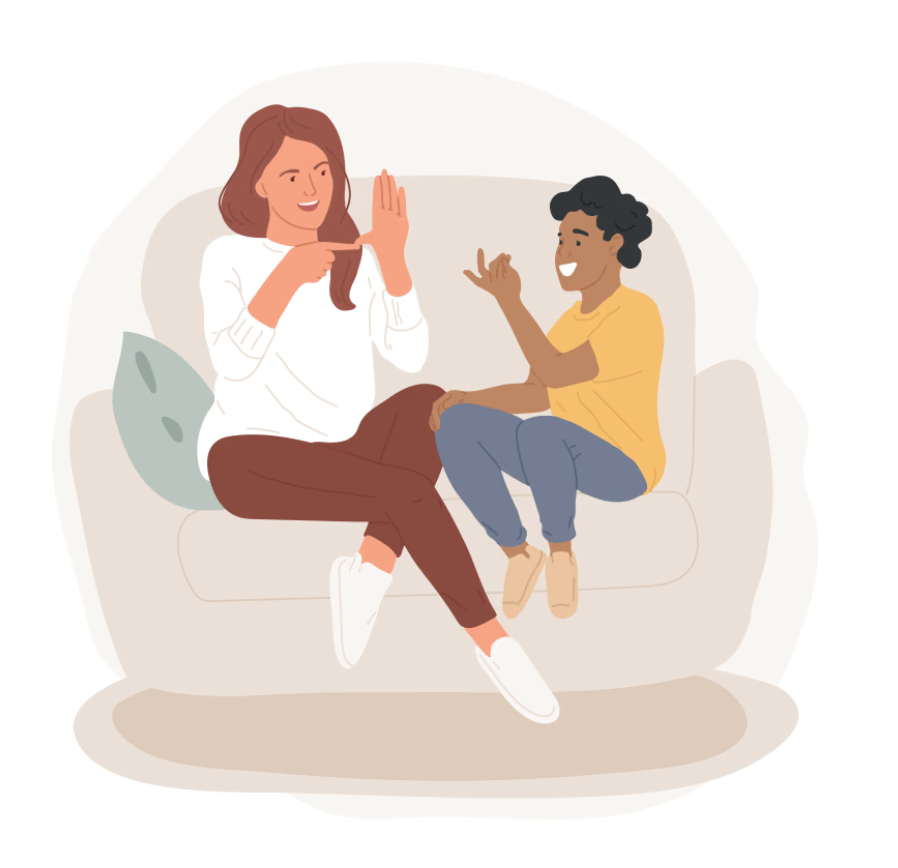The HPV Vaccine: Questions Answered
- Narda Skov
- Jun 7, 2023
- 3 min read

HPV, or Human Papilloma Virus is a skin-to-skin contracted STD (Sexually Transmitted Disease) that may cause genital warts. HPV is a group of more than 200 viruses, of which around 40 are spread through sexual contact.
In the United States, there are almost 14 million people are infected with HPV every year. Most HPV is cleared by the body on its own, but sometimes it persists and can cause genital warts, pre-cancers, and cancer of the genitals, throat, and mouth. Genital warts are soft bumps that appear on the genitals; they can vary in size and typically cause itching and discomfort. Like all STDs (STIs) HPV is 100% preventable, but often people do not know they have it, and therefore unaware they are passing it on. Each year in the United States there are thousands of people affected by cancers caused by HPV. The HPV vaccine prevents most of these as well as abnormal pap smears, pre-cancers, and genital warts. There are nearly 14 million new cases of HPV diagnosed every year. Young adults between the ages of 15 and 24 account for nearly 50% of HPV diagnoses. In fact, it is estimated that 8 out of 10 people will get HPV at some point in their lives.
The HPV vaccine is one of the most important ways we can prevent HPV from causing any health concerns. The HPV vaccine is recommended for girls and boys at 9-12 years old for cancer prevention. Below are some questions that pediatricians are commonly asked. If you have more questions, please ask your MD for more answers.
Q: Isn't this a new vaccine? Should I be concerned?
A: The HPV vaccine was introduced in 2006 in the U.S. The original vaccines prevented up to 4 strains of HPV that cause most cancers and genital warts. In 2014, a vaccine targeting 9 strains of HPV became the new recommendation. This was just an expansion of the original vaccine. It is made the same way but covers 5 additional stains of HPV for added protection.
Q: How do you know it's safe?
A: Over 135 million doses of the vaccine have been given in the U.S. (and half a billion worldwide!) with ongoing monitoring systems in place. If there were serious problems caused by the vaccine, it would be evident. To date, over 15 years of monitoring and research have found the HPV vaccine to be extremely safe and without serious side effects or complications.
Q: I saw on the internet that the vaccine can cause (bad stuff)...
A: Unfortunately, teens develop serious health problems, even fatal diseases. Claims that the vaccine caused problems like illnesses or new conditions are NOT supported by research. Non-vaccinated teens develop health conditions at the same rate as vaccinated teens. Research looking at the causes of these conditions has NOT been able to link any of them to vaccination.
Q: 9-12 is so young. Can't we wait a few years? They (boys or girls) are not having sex yet!
A: That is a common request, but the vaccine is recommended at 9-10 because the vaccine creates a stronger immune response in younger children compared with older ones. In fact, if they get their first shot before age 15, they only need two doses. If they are over 15, they will need three doses. Doctors do not expect your child to be interested in sex this young, but the vaccine needs time to generate protection, so starting young is really important for it to work best. If your child is older, it is still not too late (nor is it too late as an adult either).
Q: I'm still not sure. What do you think?
A: I have vaccinated my own children to protect them and most doctors I know have done the same. If they were not confident in its safety and effectiveness, they would not have vaccinated their own children. I am a HUGE proponent of this vaccine because, for one of the first times ever, we have a vaccine to prevent any type of cancer. The HPV vaccine is CANCER PREVENTION!




Comments